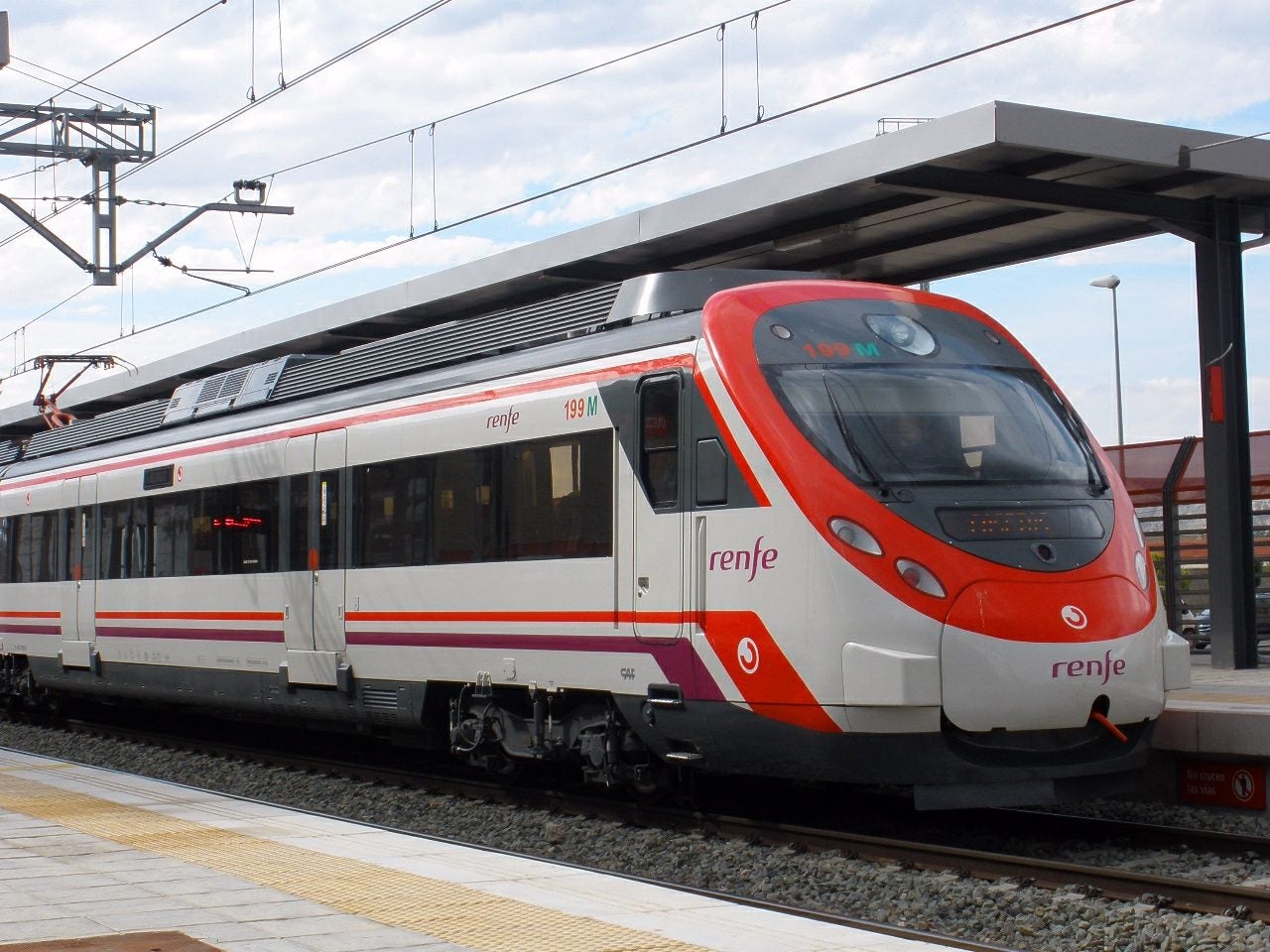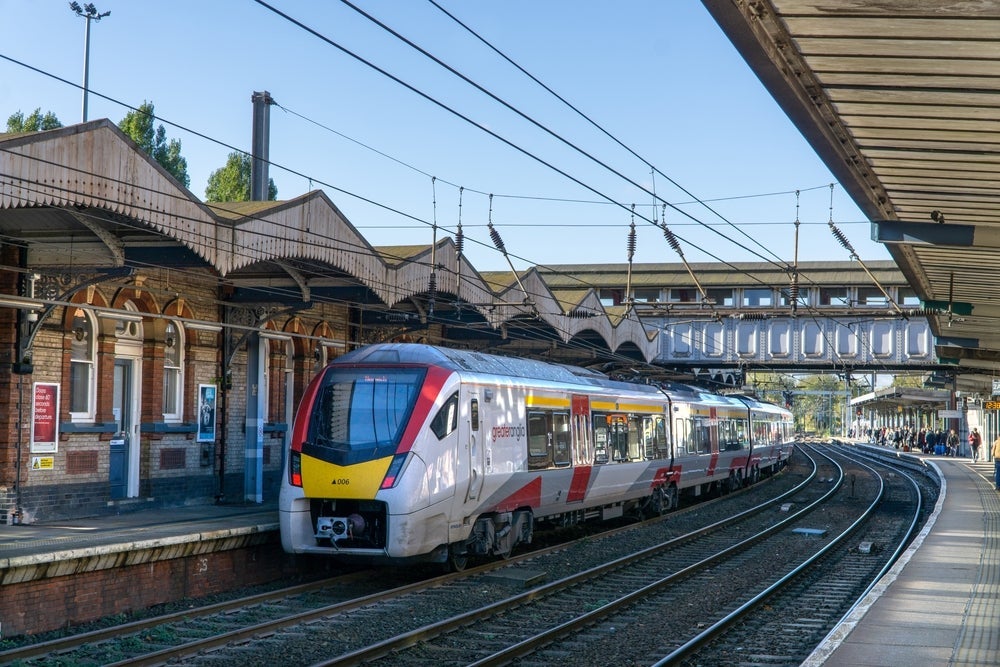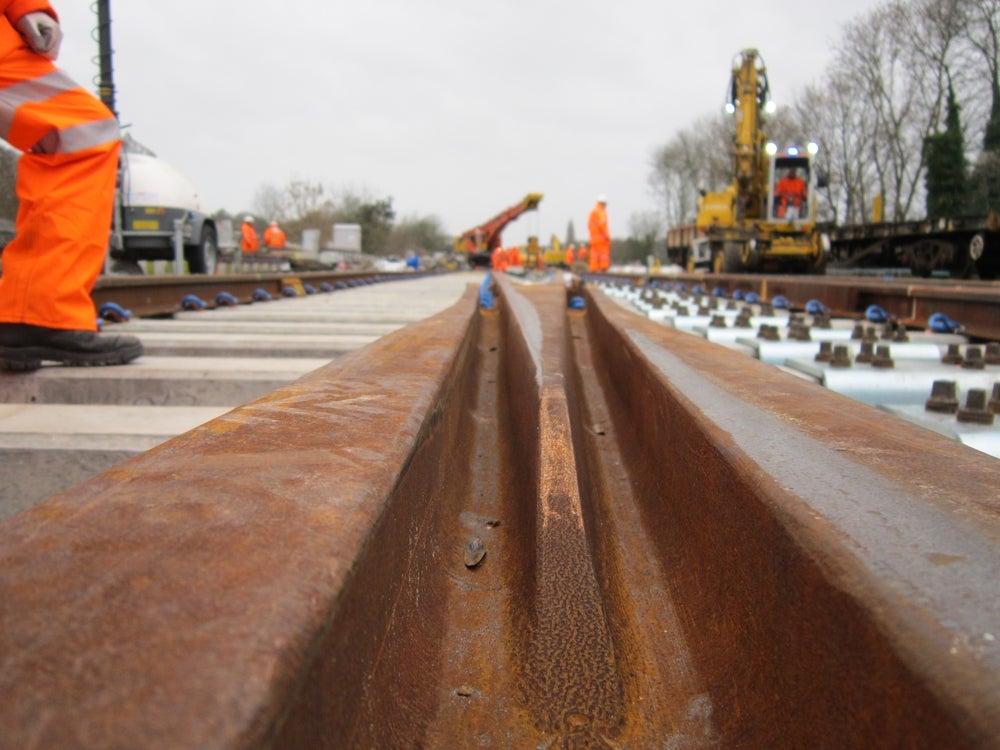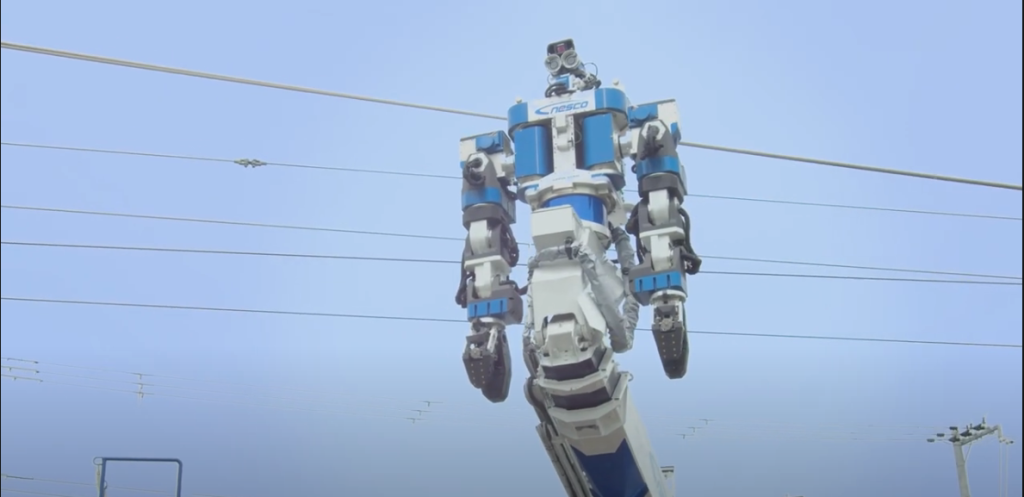
The European Commission’s Fuel Cells and Hydrogen Joint Undertaking (FCH JU) has selected a CAF-led project for a €10m grant to support the development of a hydrogen-powered train prototype.
The €14m FCH2RAIL project seeks to design and develop a zero-emission vehicle with competitive operating performance compared with diesel engine-powered trains.
The European Union (EU) funding was awarded under the Horizon 2020 programme.
Besides CAF, the FCH2RAIL project involves DLR, Renfe, Toyota Motor Europe, Adif, IP, CNH2 and Faiveley Stemmann Technik.
The process to establish a contractual agreement is currently underway to allocate specific tasks to each consortium member.
The four-year project is set to launch next January.
How well do you really know your competitors?
Access the most comprehensive Company Profiles on the market, powered by GlobalData. Save hours of research. Gain competitive edge.

Thank you!
Your download email will arrive shortly
Not ready to buy yet? Download a free sample
We are confident about the unique quality of our Company Profiles. However, we want you to make the most beneficial decision for your business, so we offer a free sample that you can download by submitting the below form
By GlobalDataThe prototype will be developed by modifying the existing Renfe’s three-car commuter unit belonging to Civia series.
The vehicle will be equipped with a new power generator system fitted with hydrogen fuel cell systems and LTO batteries. The step will enable the bi-mode train to run on electrified and non-electrified routes.
Subsequently, the track testing phase to optimise the hybridisation solution will begin.
The prototype will be validated in Spain and Portugal, and a third country still to be determined, following its evaluation under different qualification and approval levels.
In recent years, several transport authorities in the EU have expressed interest in the development of hydrogen fuel cell technology to power railway operations.
Designed to replace the diesel engines, the technology will enable emission-free transportation and support the decarbonisation of the network.
Last month, East Japan Railway Company (JR East), Hitachi and Toyota Motor teamed up to develop hydrogen-powered hybrid (fuel cell) railway vehicles.
Separately, Siemens is also working to develop hydrogen systems for railway operations.






